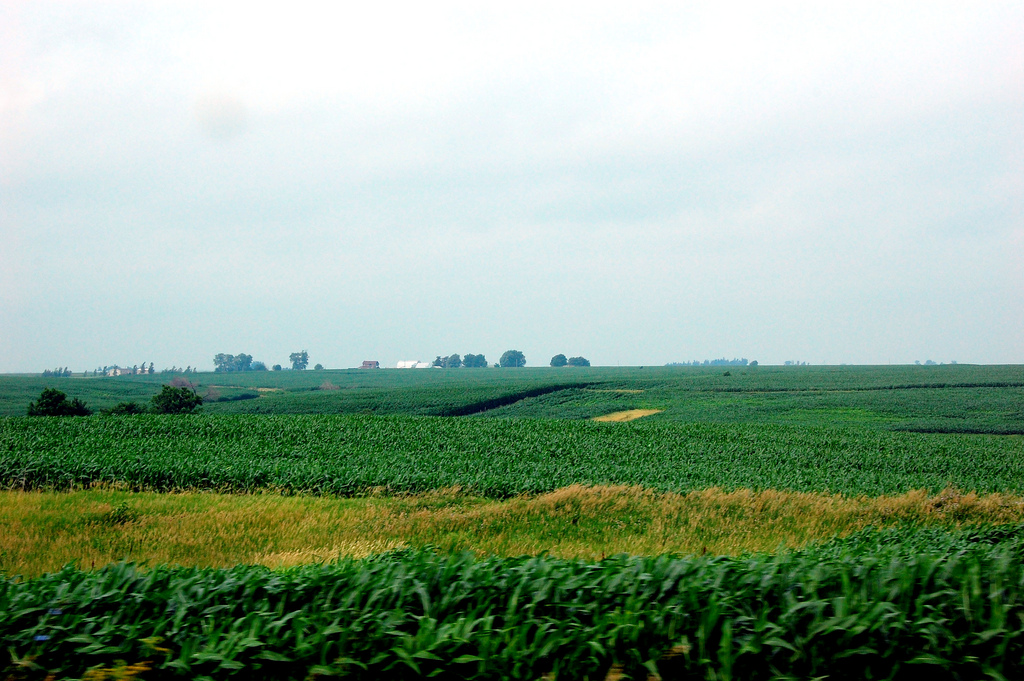Agri-Food Supercluster Lead by Agrium Announces Board and CEO
 CALGARY, AB – The Smart Agri-Food Supercluster (SASC) is pleased to announce its interim board of directors. The board will be chaired by Doug Beever from Agrium and has appointed Rob Davies as its interim CEO. Davies brings more than three decades of leadership experience in the agribusiness sector, with the bulk of that time as the CEO at Weyburn Inland Terminal.
CALGARY, AB – The Smart Agri-Food Supercluster (SASC) is pleased to announce its interim board of directors. The board will be chaired by Doug Beever from Agrium and has appointed Rob Davies as its interim CEO. Davies brings more than three decades of leadership experience in the agribusiness sector, with the bulk of that time as the CEO at Weyburn Inland Terminal. Superclusters are seen by the federal government as key to bringing together the right mix of industry players, post-secondary institutions and other sector players to drive collaboration and innovation. SASC is one of the nine groups shortlisted out of more than 100 applicants for access to federal government's $950-million innovation fund.
SASC is a pan-Canadian effort that has drawn together groups bound by common objectives for significantly improving the ways Canada grows, raises and processes food while targeting key environmental goals. SASC expects to create more than 300,000 jobs, generate $30 billion in increased economic growth and reduce 40 mega tonnes of greenhouse gas emissions (20% of the Canadian commitment to the Paris agreement) through its sustainable innovation model, which creates scalable solutions.
The solutions SASC proposes will have a meaningful impact domestically and reinforce Canada as a global agri-food leader, noted Beever:
“SASC will provide a backbone to connect farmers and ranchers to consumers in a sustainable way that meets the business needs of all value chain participants. We are open to all members of the value chain to ensure that the outcomes are durable and drive value far into the future, making Canada a global leader in connecting the farm to the consumer’s plate.”The power of the collective knowledge horsepower behind SASC is substantial, noted Davies:
“The broad scope of Canadian and international participants, from large companies such as General Mills and Cargill, to emerging companies such as BIXSco and Farmlead, to post-secondary institutions such as Lakeland College and the University of Manitoba, SASC is building a network of contributing organizations that represent the entire value chain. This isn’t about individual winners and losers; it is about creating a structure that benefits all system participants. “SASC’s success will stem from how creatively and effectively it invests in the right innovations at the right time, with the right players for the right results, said Davies. That includes a key focus on how data is turned into useful information:
“If you look back 20 years, auto-steer in farm machinery was a novelty, like self-driving cars today. Now farm operations across Canada rely on this technology. We see data management and the connection to the consumer as another major step change in Canadian agriculture, and SASC is designed to facilitate a consistent, cost-effective way to allow the entire value chain to work together in building this future. “SASC's organizing group took a scalable systems approach to its application, establishing four innovation communities via which specific initiatives will be undertaken. Those communities focus on digital technologies, sustainable livestock, genetics and processing and the bio-economy. More than 80 organizations, including some the largest value chain and sustainability consortiums, and 17 post-secondary research and institution partners are already working within these communities to build on Canadian innovation strengths through anchor projects and working collaboratively to create “roads and bridges” between the silos that have historically resulted in stranded innovation and lost opportunities.
“All along, our objective has been to make room for other projects and initiatives. We communicated and collaborated with other applicants throughout our process in order to ensure the entire value chain is represented; going forward we can then focus on the science and technology gaps and issues, which when addressed will help us make the system function more effectively,” noted Beever.With its formal application now submitted, SASC's transition board and Davies and Olds College, the “secretariat” for SASC, will work to build out governance tools and processes, in addition to advancing stakeholder engagement. Full funding announcements are expected from the Federal Government in early 2018.
For more information contact: Rob Davies, Interim CEO, 1.780.781.1735
The interim board of SASC will be composed of:
Doug Beever, Agrium; Rob Saik, Agri-Trend/Trimble; Andrea Brocklebank, Beef Cattle Research Council/CCA; Stuart Cullum, Olds College; Rod Snyder, Field to Market; Mary Moran, Calgary Economic Development; Joy Romero, Clean Resource Innovation Network (CRIN); Helle Bank Jorgensen, Global Compact Canada; Bill Whitelaw, Weather Innovations & Glacier Farm Media; Laura Kilcrease, Alberta Innovates; and, Bryan Walton, Alberta Cattle Feeders Association.

No comments:
Post a Comment